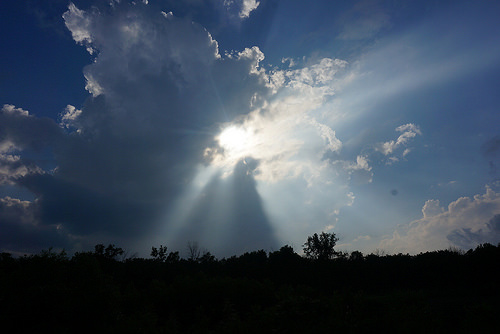Many are struggling with eco-grief produced by climate change. This type of grief usually comes on after a tragic event has produced long-term effects on the environment causing changes in a way of life. Scientists are now beginning to understand and are even adding courses to the college curriculum to help people cope with their grief.
The US Centers for Disease Control and Prevention have found that more people report feeling sad when temperatures are below 86 degrees or when it rains more than 25 days in a month. Individuals with a lower income and female are 60 percent more likely to experience mental health changes because of climate change than males or those who have higher incomes.
Professor Sarah Jaquette Ray who teaches at Humboldt State University in California says that some of her environmental studies students grieve so much when they learn about a species of animal or plant that is threatened by climate change that she has started incorporating lessons on how to cope with grief into her curriculum. Katie Hayes, a Ph.D. candidate at the Dalla Lana School of Public Health at the University of Toronto, says that “Ecological grief can include a vast spectrum, whether it’s specific things like eco-anxiety related to our environment, or PTSD after experiencing an extreme weather event.”
In Utah, people are beginning to meet in groups, similar to Alcoholics Anonymous meetings, to discuss the mental health aspects of climate change. One participant in these groups is Dick Meyer who spends his winters in Utah while spending his summers in Nebraska working as a landscaper. He says that he noticed his own mental health declining as certain types of trees that he used to prune were no longer as popular as they once were in the environment.
For others, like Monika Willner who lived in Burns Lake, B.C. where a wildfire caused by lightning nearly destroyed her home, the struggle is very real. Monika says that it never occurred to her to seek counseling after the devastating wildfires. Now, a year later, she is unable to return to her home for the fear that it will happen again.
Leaders point out that more needs to be done to allow people to express this grief. They say that mental health resources often pour into a community immediately following a catastrophic event only to disappear soon afterward leaving people very few resources to cope with long-term mental health changes caused by climate change.






